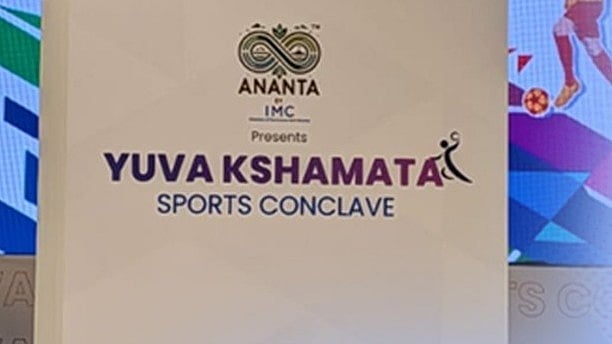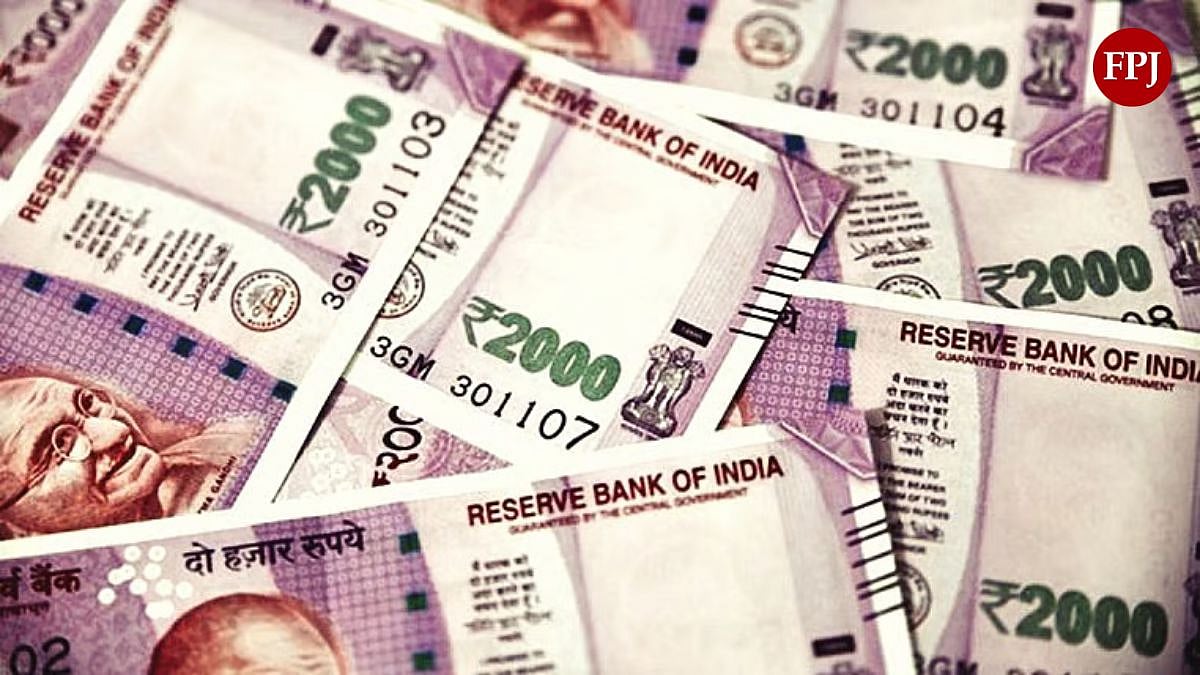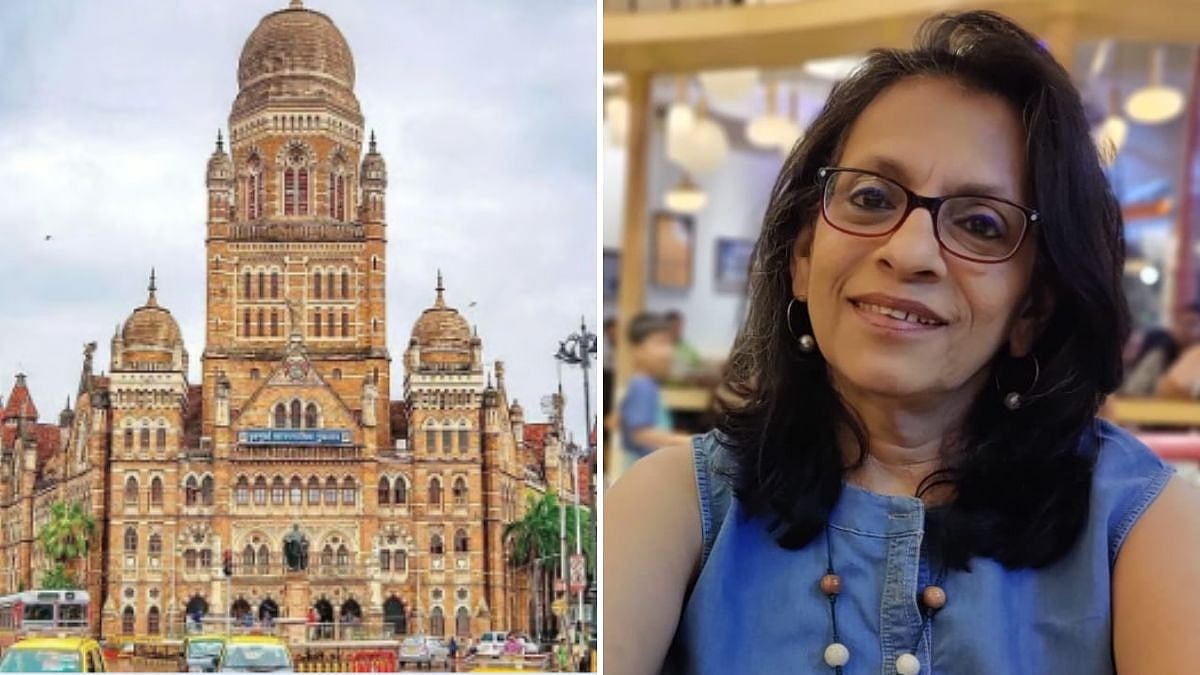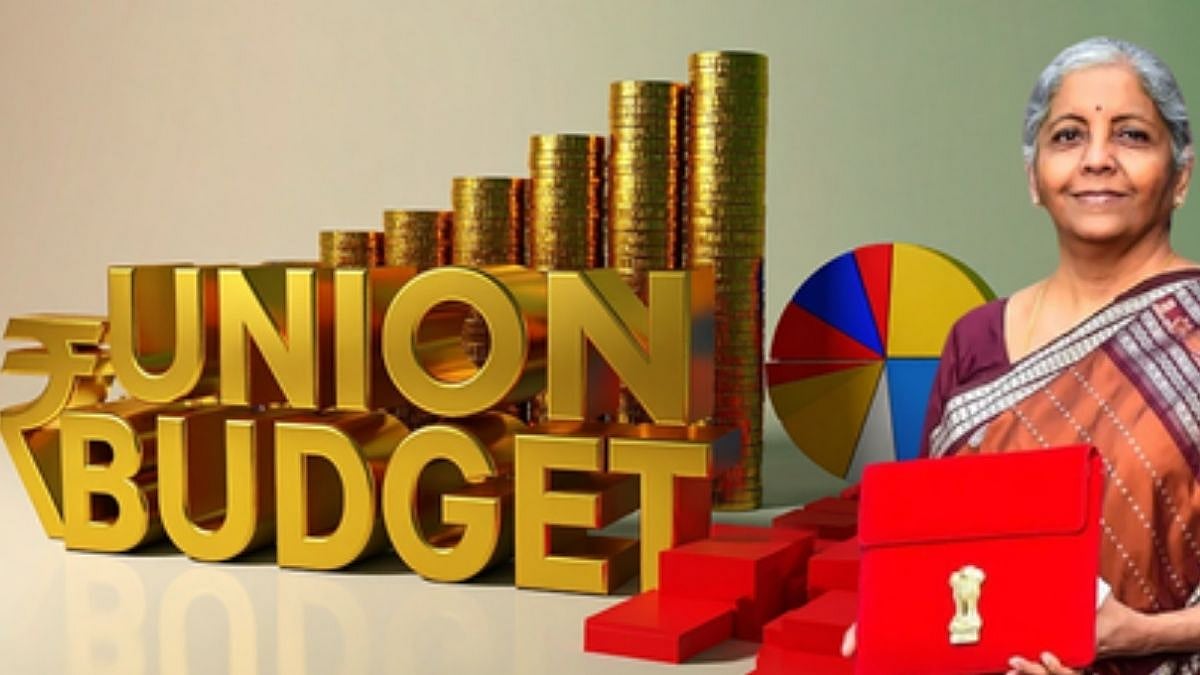The Narendra Modi government's first term in power began with a dispute between RSS frontal organisations and the BJP, over the land acquisition ordinance of 2014. Six years later, they are once again in disagreement on farm policy, with the Swadeshi Jagran Manch (SJM) and the Bharatiya Kisan Sangh (BKS) demanding a legal guarantee of price support for producers.
Confrontations between the RSS and BJP on economic policy are not uncommon, given that they pull in different directions on liberalisation and have opposing definitions of 'vikas'. The wrangling over agricultural reforms has raised the question of whether, despite its apparent influence on the Modi government, the dynamic between the mother ship and the party is shifting in favour of the latter.
The RSS has dug in its heels on certain issues from time to time, be it land acquisition, FDI in multi-brand retail, market-oriented reforms, labour laws, the ban on non-iodised salt and commercialisation of genetically modified (GM) crops. These occasional confrontations have three effects. First, the BJP is cautioned not to take the RSS for granted. Second, it ensures that the space for protest is not monopolised by rival parties. Third, the RSS exercises a moderating influence on government policy, sometimes to the point of forcing a rollback.
Closed-door resolution
Policy differences are resolved through compromise, often with the two modifying their respective stances. Under the Modi regime in particular, the formal and informal coordination mechanisms between the Sangh, the party and the Central government have tended to work smoothly. Unlike the first NDA regime, grievances have not been allowed to become contentious and have been settled behind closed doors. (Interestingly, bitter clashes with RSS frontals marked Modi's stint as Gujarat chief minister.)
If no middle ground can be found, the dispute is resolved through give and take. For example, the land acquisition ordinance fell afoul of the BKS and Vanvasi Kalyan Ashram (VKA) and was allowed to lapse. However, labour reforms went forward despite strong objections from the Bharatiya Mazdoor Sangh (BMS). Nor did the Modi government accept the demand for a rollback of the FDI policy of the previous regime. But it could not push ahead with the commercialisation of GM crops.
During the Atal Bihari Vajpayee government, the confrontations were more intense. The iconic RSS leader and BMS founder Dattopant Thengde described its fiscal policy as “criminal” and refused a Padma Bhushan. Public demonstrations by RSS affiliates against the ban on non-iodised salt forced the government to back down.
The sharp exchange of words slowed but did not stop the pace of reforms. Disinvestment went forward in certain cases and was stymied in others (such as the sale of the ITDC Ashoka Hotel in Delhi). FDI in single-brand retail was permitted, albeit not in multi-brand retail. The RSS also alerted the government to the menace of Chinese dumping.
Clout in policy matters
Prima facie, the RSS enjoys tremendous clout in matters of policy. Important items on its agenda have been carried forward by the Modi dispensation – the abrogation of article 377, the Citizenship Amendment Act (CAA), the law on triple talaq (as a first step towards a Uniform Civil Code), the assertive stand vis-a-vis terrorism and Chinese aggression and most of all, the resolution of the Ram Janmabhoomi dispute, albeit courtesy of the Supreme Court.
The perception that the RSS influence in the socio-cultural sphere is acceptable, but not in the economic sphere or in the day-to-day affairs of party and government, is growing. RSS insiders complain that Prime Minister Narendra Modi's homage to Deen Dayal Upadhyay, founder of the BJP's official economic philosophy, is limited to statues, speeches and naming of projects, while the core tenets of economic decentralisation and self-reliance are given short shrift. They cite the lifting of FDI caps in various sectors (resulting in record FDI inflows) and obsession with “ease of doing business” rankings.
Conceding ground
On the other other hand, the RSS is no longer implacable on reforms. Its economic views, often characterised as “communism plus cow”, have become more pragmatic. Big moves like demonetisation and introduction of GST were supported by the RSS. At the same time, its influence is apparent in the government's populist policies and increased welfare spending. That said, farmers, artisans and small-scale entrepreneurs (to cite Upadhyay, “production by the masses for the masses”) remain central to its thinking.
Thus, the red-flagging of the Farm Acts 2020 by the farmer and swadeshi wings of the RSS. The BKS had raised concerns even before the Bills were tabled, citing the fear of corporates dominating the food economy. However, with the government agreeing to amend contentious clauses, their stand is now more nuanced: they want a legal guarantee of floor price for farmers, but support the Farm Acts in spirit.
In that sense, the face-off cannot be construed as a departure from the spirit of mutual accommodation which characterises RSS-BJP relations. As always, there are several perspectives, which are resolved through mediation and a regard for each other's concerns.
The writer is a senior journalist with 35 years of experience in working with major newspapers and magazines. She is now an independent writer and author.

